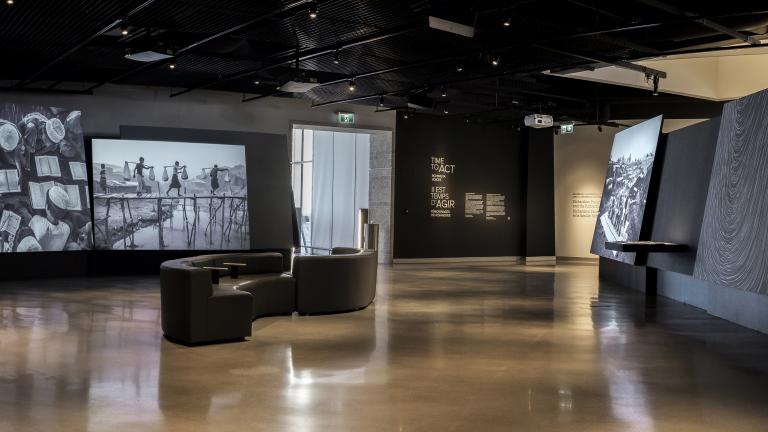In this guide, you will find links to resources related to Rohingya and the ongoing genocide in Myanmar. They include books and e‑books, magazine articles, journals, newspapers and more. For further assistance, please contact the Museum’s Carte International Reference Centre: reference.centre@humanrights.ca.
Difficult subjects are discussed in some of the materials found in this guide, including but not limited to genocide, sexual violence against women and girls, and other traumatic events.
The Carte International Reference Centre is not responsible for the content of external links. Inclusion of material in this resource guide does not necessarily represent an endorsement of the views expressed. Material is presented in the language in which it was originally produced.
